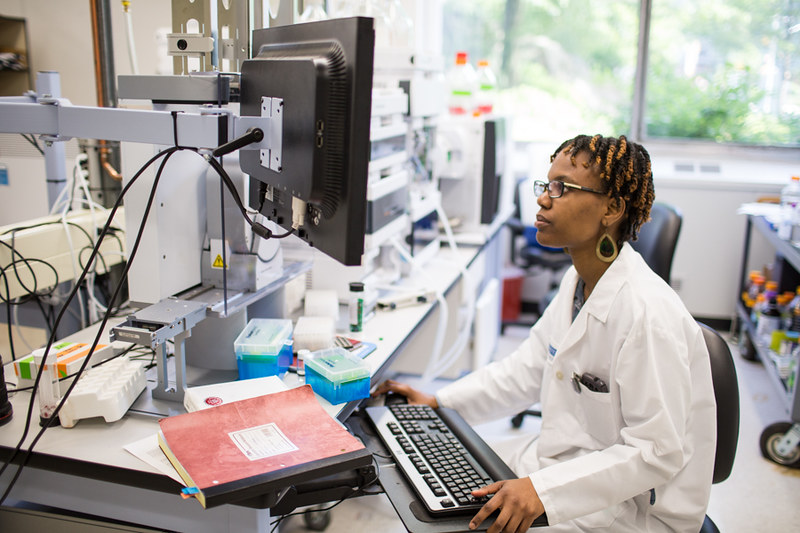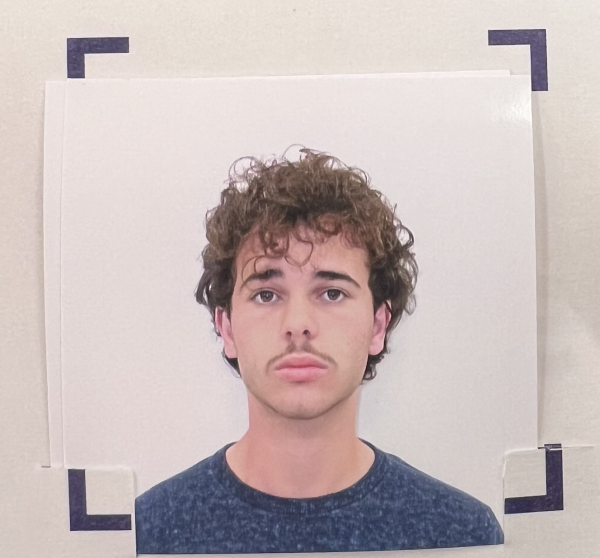Note: This article is a reflection of the research and opinions of the writer. It is not representative of the views of the Falcon staff, the faculty advisor, or the FSS administration.
As the stigma and feelings around psychedelic substances slowly dissipate, a new era of psychiatric treatment is emerging, promising interesting changes in how we approach mental health disorders and conditions. Historically dismissed due to stigma and legal restrictions, psychedelic substances are now being reinvestigated in scientific and medical communities. This new interest aligns with a broader cultural acceptance and curiosity about their potential benefits among the public and health professionals. This increased interest has led to more research and clinical trials, which have helped to demonstrate how psychedelics and similar compounds can be beneficial for a variety of medical conditions. As a result, psychedelics have been, and are becoming, an increasingly popular option for many.
As some people may know, psychedelic medication dates back numerous centuries before the modern Western world picked it up. “In 2008, archaeologists excavating a cave in the Sora River valley in southwestern Bolivia discovered a 1,000-year-old ritual bundle formerly belonging to a shaman of the pre-Inca Tiwanaku civilization. Scrapings from the artifacts inside revealed traces of psychotropic compounds—benzoylecgonine (a metabolite of cocaine), bufotenine (an alkaloid in psychedelic snuff powder), psilocin (the active agent in magic mushrooms), and harmine and dimethyltryptamine (the active ingredients in the psychedelic tea known as ayahuasca),”(Miller et al. 2019). These findings suggest that humans have been looking to natural sources of medication for many years, whether it be by studying past cultures or researching new-found and rare species. Psychedelics have been used by many cultures for centuries, often for spiritual and religious purposes. In recent years, however, psychedelics have been used by mental health professionals to treat a variety of mental health issues.
The “renaissance” of psychedelic research marks a big change from the mid-20th century— when legal and communal crackdowns ceased promising studies and research. Originally researched by the Western world in the 1950s and 1960s for their potential therapeutic effects, psychedelics faced a governmental ban that lasted for more than several decades. In 1970, US President Nixon signed the Controlled Substances Act, criminalizing LSD, Psilocybin, and various other drugs. Proponents of psychedelic drugs see lots of potential benefits in them and have published many works to help support the cause in revising these laws. Michael Pollan, author of How to Change Your Mind: What the New Science of Psychedelics Teaches Us About Consciousness, Dying, Addiction, Depression, and Transcendence, said, “The experiences that people describe after taking psychedelics are remarkably similar across cultures and geographies,” showcasing his hope for the future of psychedelic treatments as legitimate medication, not just a shot in the dark from those looking to self-medicate.
Groundbreaking clinical trials, such as those conducted by American neuroscientist Roland Griffiths and his team, have showcased psilocybin’s spectacular ability to reduce anxiety and depression in cancer patients. In Griffith’s “Pilot Study of Psilocybin Treatment for Anxiety in Patients With Advanced-Stage Cancer”, patients showed “immediate, substantial, and sustained improvements in anxiety and depression,” with many other patients feeling reduced levels of “cancer-related demoralization and hopelessness,” highlighting not only the short-term effects of dosing but potentially reshaping the way the patients thought about their problem as well. This could lead to more effective treatments, improved outcomes, and a better quality of life. Additionally, it could provide valuable insights into the psychology of patients that could be useful for further research.
The potential of psychedelics goes beyond just treating life-threatening diseases, such as cancer, also proving that it is effective in combating persistent conditions like addiction and depression. In Matthew W. Johnson’s “Long-Term Follow-Up of Psilocybin-Facilitated Smoking Cessation”, he delves into the effectiveness of psilocybin-assisted therapy in quitting smoking and long-term abstinence/breaks. His research on psilocybin’s ability to promote quitting highlighted that “participants who received psilocybin-assisted therapy showed significantly higher rates of smoking cessation compared to the control group,” and that the “mystical experiences induced by psilocybin were correlated with greater success in quitting smoking”. Despite this, further research is most likely needed to understand the exact mechanism behind this effect.
MDMA psychotherapy represents another new front in psychedelic therapy, specifically focusing on unmanageable PTSD with never-before-seen success rates in clinical settings. Ongoing research by MAPS (Multidisciplinary Association for Psychedelic Studies) investigates the use of MDMA-assisted psychotherapy for treating PTSD in Phase 3 clinical trials. One study shows the latest developments in psychedelic research, highlighting MDMA’s potential for being a therapeutic tool used to address previously unmanageable PTSD and showcasing the efforts of researchers, clinicians, and advocacy groups. MAPS says, “Early results from Phase 2 trials show promising outcomes, with a significant reduction in PTSD symptoms following MDMA-assisted therapy,” and “MDMA-assisted therapy demonstrates a unique ability to facilitate deep emotional processing and enhance the therapeutic alliance,” (MAPS, 2022). MAPS concluded that using psychedelic substances, such as psilocybin, LSD, and MDMA, can be a very viable option for some mental health patients. It has been shown to reduce symptoms of anxiety and depression and to increase feelings of well-being and togetherness.
As research continues to unfold and progress, the therapeutic landscapes of psychedelics shine a light on a potential shift in treating mental health, offering new hope and healing where traditional methods have fallen short. Traditional healing methods often lack the personalized attention and emotional support essential for true healing and recovery. Alternative approaches, such as psychedelics (and other holistic methods), can provide a new hope and perspective on life. While many researchers, experts, and doctors continue to debate the future of psychedelics, it looks like they are here to stay.
Sources:
George, Daniel R, Ryan Hanson, Darryl Wilkinson, and Albert Garcia-Romeu. “Ancient Roots of Today’s Emerging Renaissance in Psychedelic Medicine.” Culture, medicine and psychiatry, December 2022. https://www.ncbi.nlm.nih.gov/pmc/articles/PMC8412860/.
Grob, Charles S. “Pilot Study of Psilocybin Treatment for Anxiety in Patients with Advanced-Stage Cancer.” Archives of General Psychiatry, January 3, 2011. https://jamanetwork.com/journals/jamapsychiatry/fullarticle/210962.
Ho, Catherine. “Majority of U.S. Voters Support Therapeutic Use …” Majority of U.S. voters support therapeutic use of psychedelic drugs. Accessed May 6, 2024. https://www.sfchronicle.com/bayarea/article/majority-u-s-voters-support-therapeutic-use-18197873.php.
JC, Rhead. “How to Change Your Mind: What the New Science of Psychedelics Teaches Us about Consciousness, Dying, Addiction, Depression, and Transcendence.” Journal of psychoactive drugs. Accessed May 6, 2024. https://pubmed.ncbi.nlm.nih.gov/30376643/.
Johnsons, Matthew W. “Long-Term Follow-up of Psilocybin-Facilitated Smoking Cessation.” The American journal of drug and alcohol abuse. Accessed May 6, 2024. https://pubmed.ncbi.nlm.nih.gov/27441452/.
Kim, Brandon. “The Rebirth of Psychedelic Medicine.” Wu Tsai Neurosciences Institute, April 14, 2024. https://neuroscience.stanford.edu/news/rebirth-psychedelic-medicine.
“Phase 3 Trial Program: MDMA-Assisted Therapy for PTSD.” MAPS, November 16, 2021. https://maps.org/mdma/ptsd/phase3/.
Prideaux, Ed. “The Worldview-Changing Drugs Poised to Go Mainstream.” BBC News, February 24, 2022. https://www.bbc.com/future/article/20210906-what-if-everyone-took-psychedelics.































sid • Mar 31, 2025 at 12:29 PM
very tuff